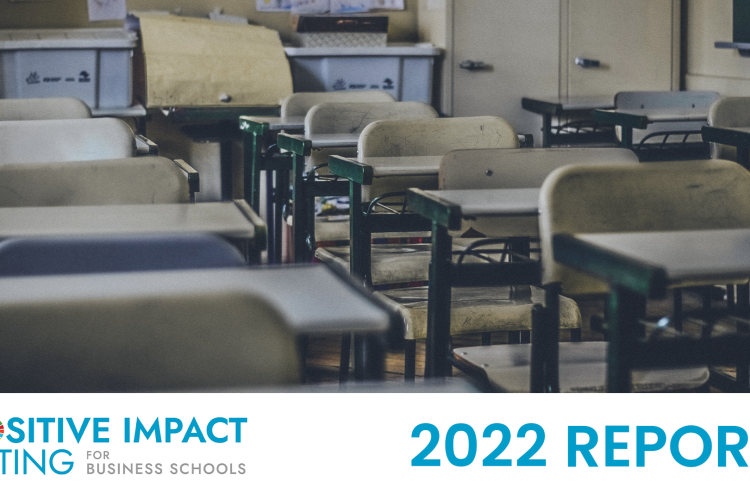Abstract
This case presents the history and development of a Water, Sanitation, and Hygiene (WASH) project in the Kibera slums of Nairobi, Kenya, that was initiated by Rotarians and funded initially, in large part, by the Rotary International Foundation. It discusses the numerous operational and strategic challenges faced by those working on this Kibera Project and the Rotary Project leader, Kim Larson, whose persistent dedication and business perspective helped to shape much of the project after initial construction of eight water and sanitation kiosks, putting these WASH facilities on a path to sustainable operations. The case issues include Creating Shared Value (CSV), Total Quality Management (TQM) tracking processes, and community engagement that lead to measurable, sustainable operations in the water and sanitation sector. The case also addresses how to create behavioral change in challenging circumstances like urban slums and how to use hygiene training as a marketing tool to drive usage of WASH facilities. Students will also learn how careful monitoring and analysis of health and financial data demonstrates the 3 Ps of sustainability of an operation (People, Planet, Profits) which, in turn, lay the foundation for replication and expansion in the form of social franchising.
[table id=127 /]



